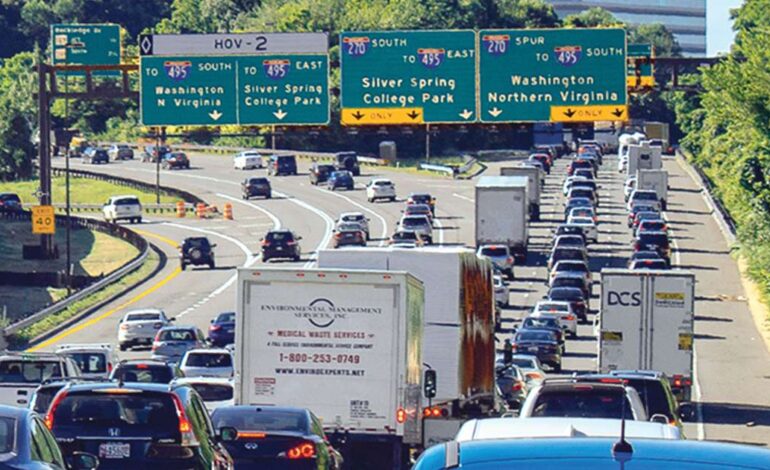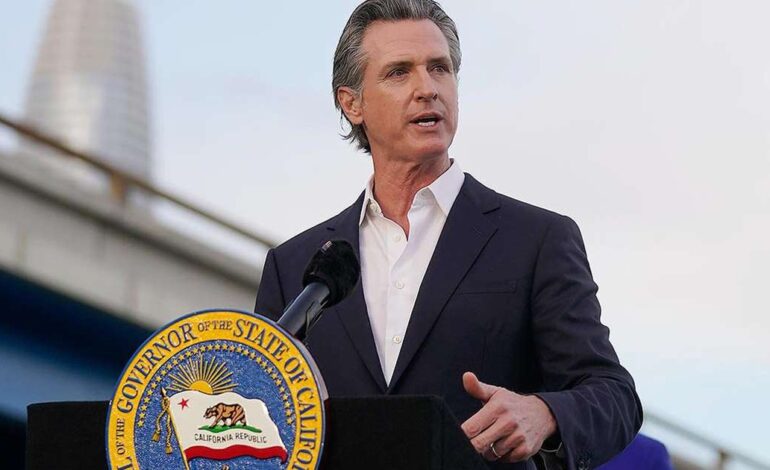
How Massachusetts and Maryland’s Decisions Impact Clean Truck Regulations
In a surprising move, Massachusetts and Maryland have paused the enforcement of clean truck regulations. As these states reconsider their stance, the decision reflects broader debates over environmental policy, industry impact, and regulatory challenges. This article explores the implications of this decision and its potential effects on the transportation and logistics sectors.
Understanding the Clean Truck Regulations
The clean truck regulations aimed to reduce emissions and promote sustainable transportation. These rules were designed to push manufacturers and fleet operators towards adopting environmentally friendly practices. Massachusetts and Maryland initially supported these regulations, which align with broader national and global efforts to combat climate change by reducing carbon footprints.
Reasons Behind the Regulatory Pause
The pause in enforcement by both states stems from concerns about economic impacts and logistical challenges. Industries expressed worries about the cost implications and feasibility of rapid compliance. This move gives governments time to reassess the balance between environmental goals and economic realities, ensuring that industries can adapt smoothly without undue financial strain.
Implications for the Transportation Sector
The decision to halt enforcement brings mixed reactions. On one hand, transportation companies might welcome relief from immediate regulatory pressures. On the other, environmental groups express concern about delaying progress towards reduced emissions. The long-term impact on policy and business operations remains uncertain, as states reevaluate their strategies for achieving clean air objectives.
Conclusão
Massachusetts and Maryland’s decision to pause clean truck regulation enforcement highlights the tension between environmental ambitions and economic concerns. This pause allows for a careful reevaluation of policies and practices, ensuring that future regulations are both impactful and feasible. The outcome will significantly influence the trucking industry’s alignment with sustainability goals across the nation.






